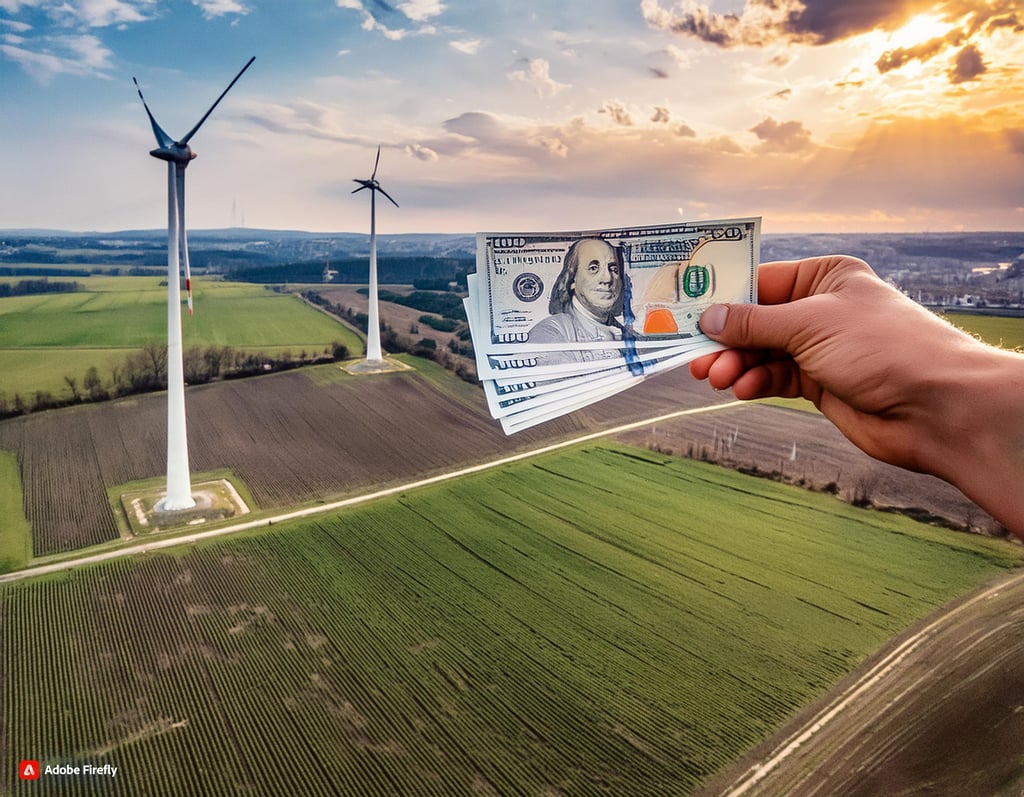IEA Report: Global Clean Energy Investment Soars to $2 Trillion in 2024
In 2024, global clean energy investment is set to reach an unprecedented $2 trillion, nearly double the amount going to fossil fuels, marking a pivotal step towards net zero emissions.


Global investment in clean energy technologies is expected to reach $2 trillion by 2024, almost twice as much as fossil fuel investment, according to a new IEA report, and this increase in spending is an important step towards achieving zero carbon emissions.
Total energy investment is estimated to exceed $3 billion for the first time, with renewable energy, electric vehicles, nuclear power and energy efficiency advances making significant contributions to make Solar PV a must is not particularly noticeable, expected to reach $500 billion due to falling module prices There is an expectation.
China leads global clean energy investment with $675 billion, driven by high demand for solar panels, lithium batteries and electric vehicles. Following this, Europe and the US. and $370 billion and $315 billion respectively. But investment in emerging markets remains low, with clean energy spending outside China just over $300 billion. Rising finance costs are a major obstacle, underscoring the need for increased global financial support to meet growing energy demand in these areas.
Oil and gas investments are rising to $570 billion, led by state-owned companies in the Middle East and Asia. These investments are consistent with current policy requirements but far exceed those required for climate goals. Coal installations are also on the rise, with more than 50 gigawatts of new coal-fired capacity approved by 2023.
Despite these challenges, investment in infrastructure such as grid and battery storage is increasing. Grid spending will reach $400 billion, while investment in battery storage is set to reach $54 billion by 2024, addressing the main barriers to the clean energy transition.
The message here is clear, clean energy is at the forefront of the global energy agenda. To capture any carbon emissions, especially in critical developing countries, is critical to support policy and investments that promote sustainable energy solutions through financial support strengthening and reducing barriers to clean energy projects, the world can make significant progress towards sustainable energy, zero sustainable energy solutions in the future.
